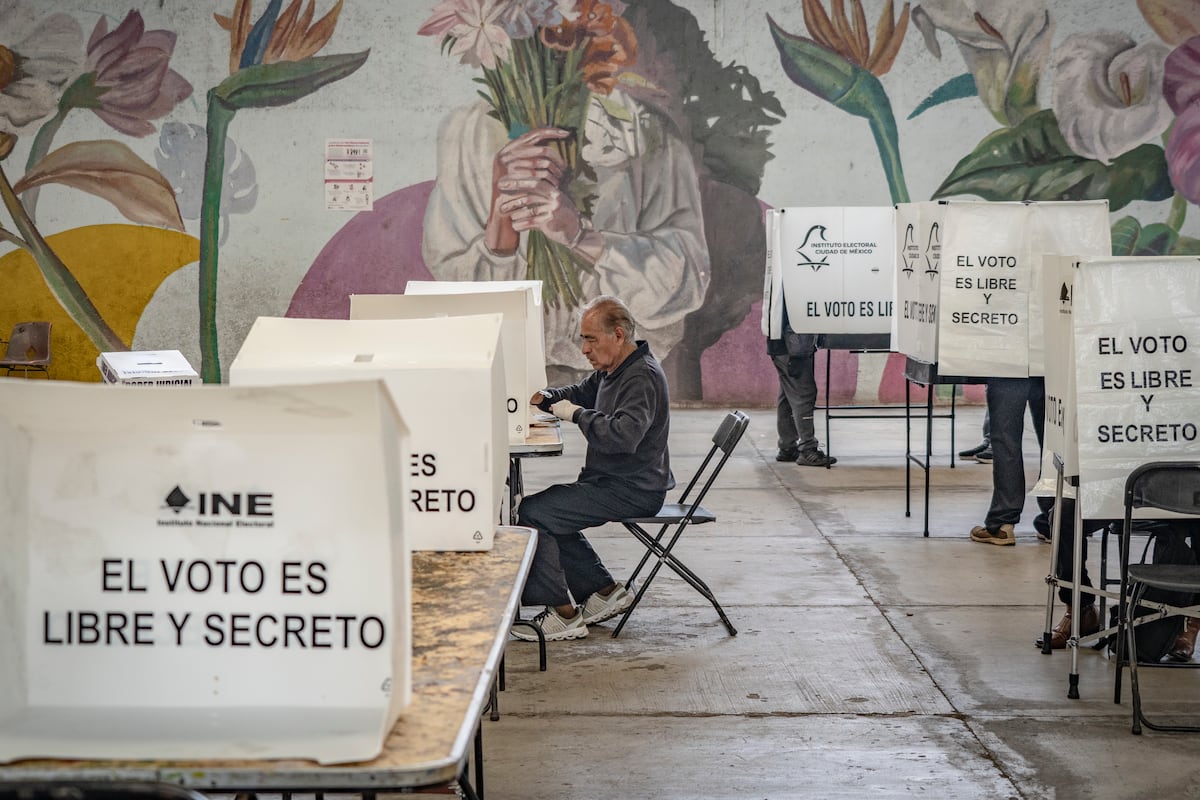Mexico's First Judicial Elections Face Low Turnout and Controversy
Mexico's inaugural judicial elections saw only 13% voter turnout, raising concerns about legitimacy and potential criminal influence in the judiciary.
Subscribe to unlock this story
We really don't like cutting you off, but you've reached your monthly limit. At just $5/month, subscriptions are how we keep this project going. Start your free 7-day trial today!
Get StartedHave an account? Sign in
Overview
Mexico held its first judicial elections with only 13% turnout, far below expectations. President Sheinbaum hailed it a success, while critics warned of potential criminal infiltration and questioned the election's legitimacy due to confusion among voters. Many candidates were unknown, and the voting process was complicated, leading to widespread apathy. The elections aim to reform a corrupt judiciary but face skepticism from the public and experts alike.
Report issue

Read both sides in 5 minutes each day
Analysis
- The articles highlight low voter turnout and confusion in Mexico's first judicial elections, reflecting public disillusionment.
- Many citizens express skepticism about the electoral process, questioning its legitimacy and potential for corruption.
- Despite official claims of success, the overall sentiment is one of apathy towards the elections.
Articles (4)
Center (2)
FAQ
The main reason for holding judicial elections in Mexico was to reform the judiciary, combat corruption, and restore public trust in the judicial system.
The elections faced low turnout and controversy due to widespread confusion among voters regarding unfamiliar candidates, concerns about the politicization of the judiciary, and the relaxation of qualifications for candidates.
Concerns include the potential politicization of the judiciary and the risk of organized crime infiltrating the courts due to the new election system.
History
- This story does not have any previous versions.



